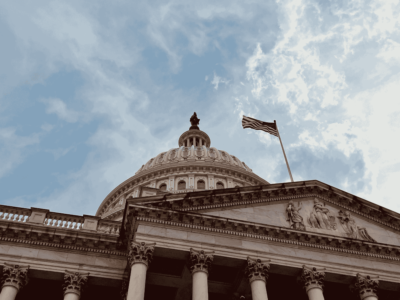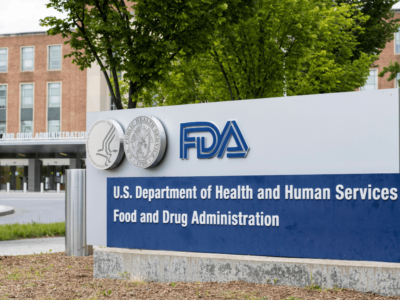A phase III clinical trial will soon begin testing the evidence collected thus far that points to a stunning prospect: the COVID-19 vaccine—a widely accessible mRNA vaccine already on the market—could make checkpoint inhibitors work better for lung cancer and melanoma patients.
Lung cancer remains the leading cause of cancer death in the United States, largely because it is most often diagnosed at an advanced stage.
Last year, the Trump administration began dismantling, RIFing, and stamping out programs and staff deemed ideological or politically motivated, halting application processes, and stripping funding opportunities.
The House of Representatives has passed an extension of Obamacare subsidies, sending the bill on to the Senate.
FDA has granted sacituzumab tirumotecan (sac-TMT), a trophoblast cell-surface antigen 2 directed antibody-drug conjugate, a priority voucher via the agency’s Commissioner’s National Priority Voucher (CNPV) Pilot Program.
FDA has released a congressionally mandated report evaluating the use of perfluoroalkyl and polyfluoroalkyl substances in cosmetic products.
Regulatory Toxicology and Pharmacology has retracted a literature review published in 2000 that concluded that glyphosate, a common herbicide used in agriculture and found in products such as Roundup, “does not pose a health risk to humans.”
The Centers for Medicare and Medicaid Services is awarding $50 billion to all 50 states as part of the Rural Health Transformation Program—funding established through the One Big Beautiful Bill passed in July.
On Jan. 5, the Centers for Disease Control and Prevention released a scaled-back childhood vaccine schedule that slashed the number of diseases that the institution recommends all children get immunized against—from 17 to 11.
A federal judge has blocked the Health Resources and Services Administration from rolling out a pilot program that would reimburse safety net hospitals that get a discount on drugs through the 340B program via a rebate, as opposed to the status quo of up-front savings. The preliminary injunction was issued on Dec. 29, just a few days before the program was slated to begin on Jan 1.











